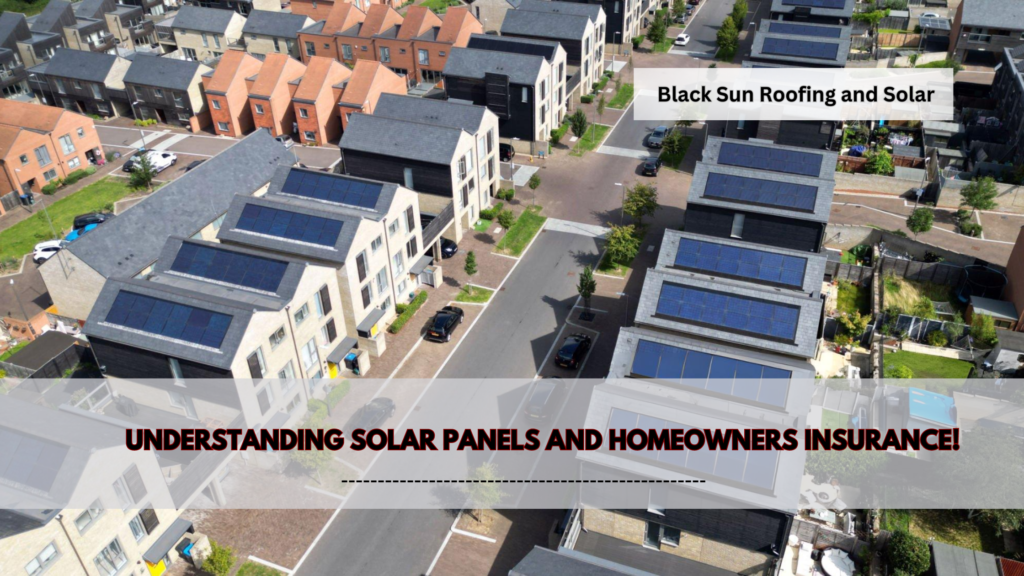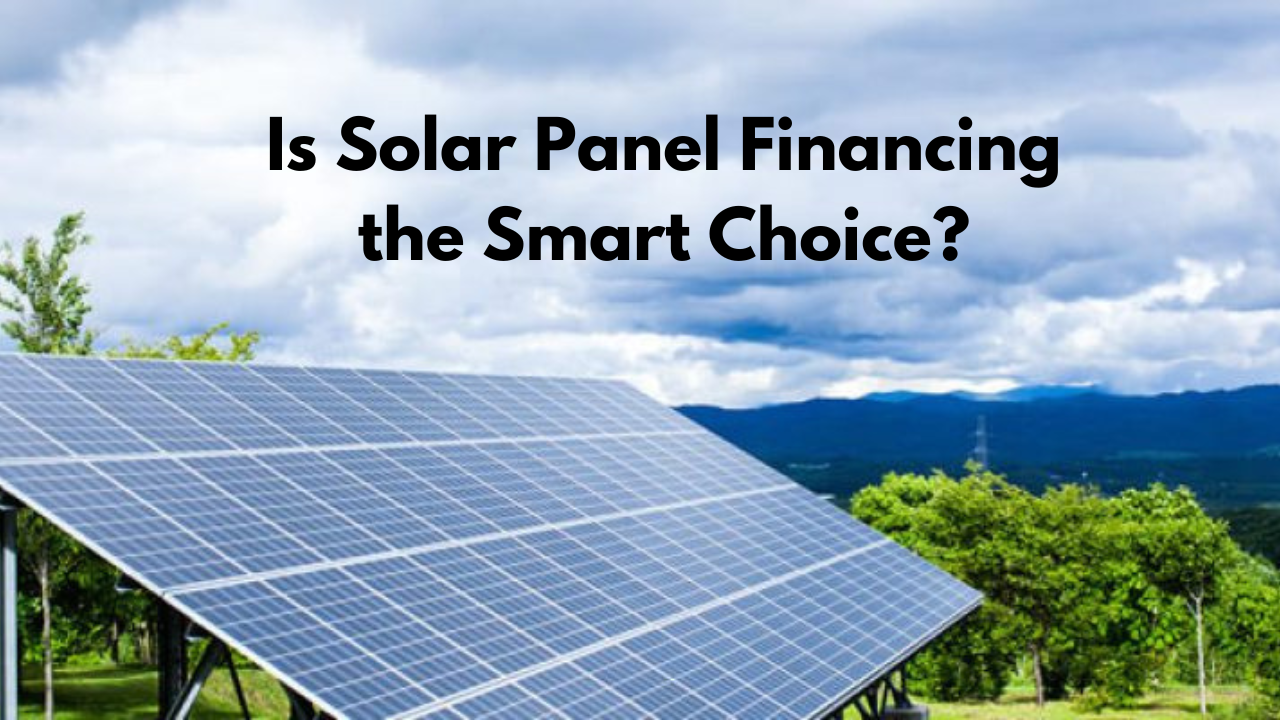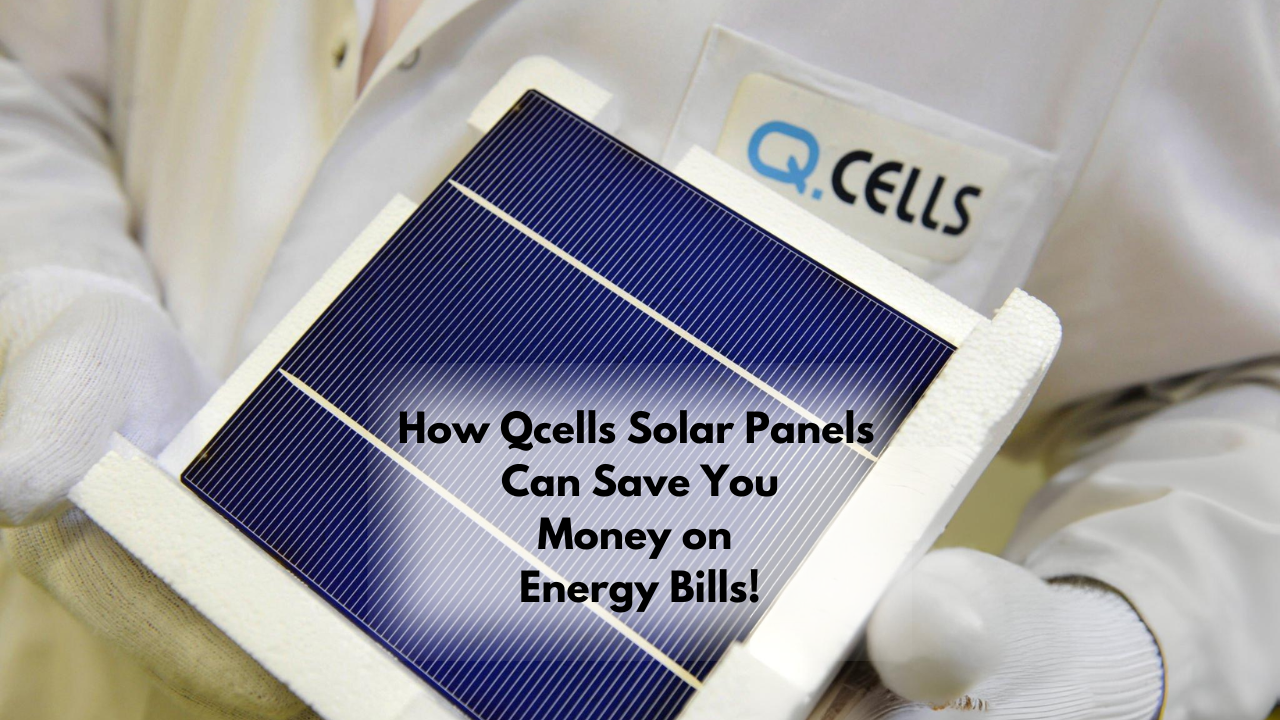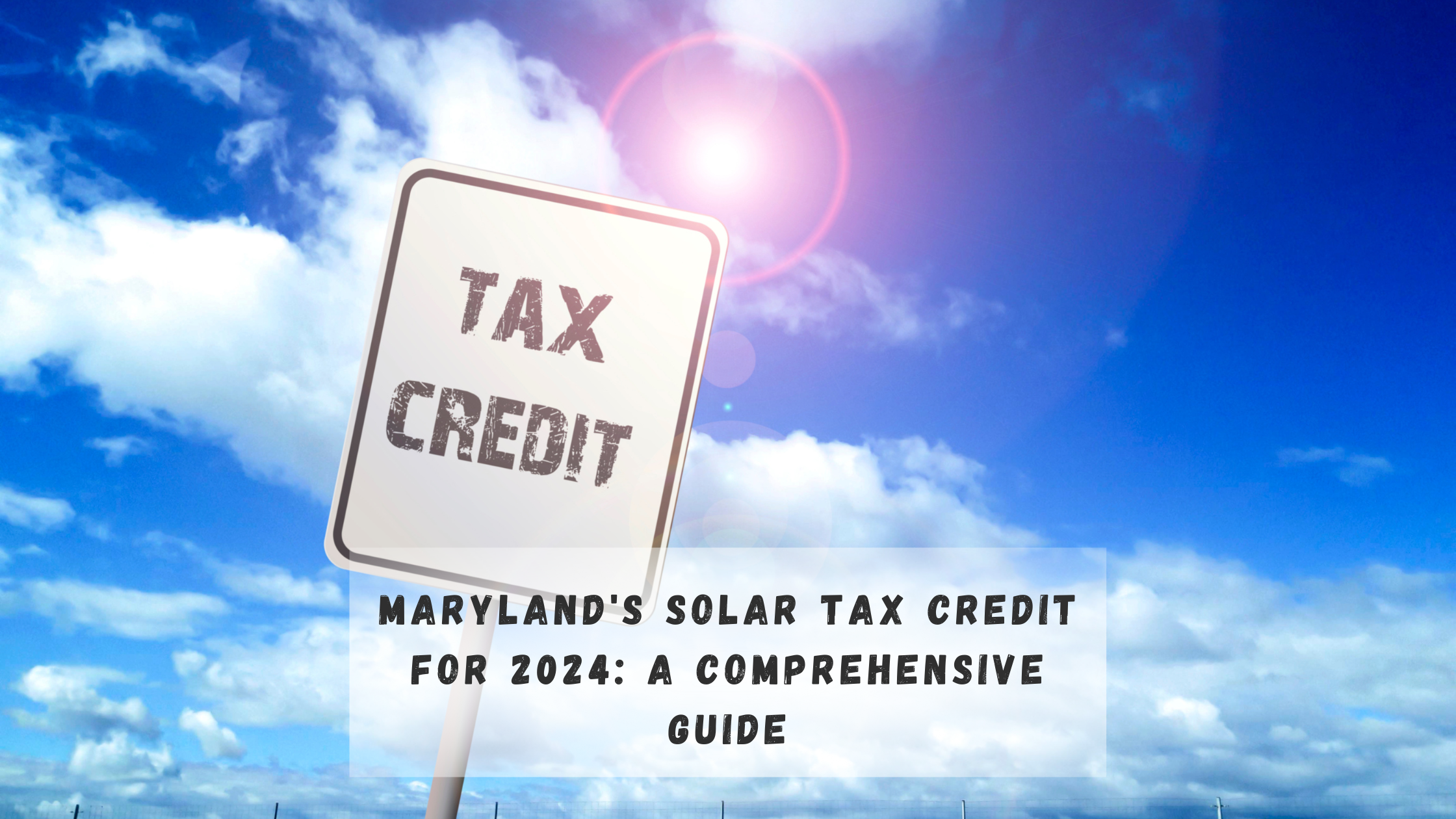Learn and understanding solar panels and homeowners insurance. Solar panels are becoming a popular choice for home power among homeowners who want to live more sustainably and use less energy. Even while solar panels help save money in the long run and protect the environment, knowing how they may affect your homeowner’s insurance is important. Let’s examine the several facets of the connection between solar energy systems and homeowner’s insurance.
The Ascent of Solar Energy
Recent years have seen a sharp increase in the installation of solar panels as more homeowners look for alternate energy sources. By using the sun’s energy to create electricity, solar panels lessen dependency on conventional energy grids and their carbon footprints. On the other hand, homeowner’s insurance may need to take this change in energy sources into account.
Effect on Insurance for Homeowners
The following could have an impact on homeowner’s insurance:
- Property Estimate and Insurance:
Your property’s overall value usually rises when you install solar panels. The additional value that solar panels add to your home must be taken into consideration when evaluating your homeowner’s insurance coverage. It guarantees that the replacement cost of your property, including the solar panel system, is appropriately reflected in your insurance coverage.
- Particular Points to Be Awarded Coverage
Since solar panels are seen as an integral element of your home, your homeowner’s insurance policy usually covers them. However, it’s important to check your policy and know how much solar panel coverage you have. Certain policies might contain restrictions or exclusions about particular kinds of damage to solar equipment, such as wind or hail damage. If there are any possible coverage gaps, working directly with your insurance agent might assist in explaining them.
- Liability Protection:
A vital part of homeowner insurance is liability coverage, which guards you if someone is hurt or property is damaged on your property. Liability coverage now has an additional factor to consider with the installation of solar panels. Liability insurance should cover situations where a professional or maintenance worker is hurt while working on your solar panel installation. Verify that your policy provides sufficient liability coverage for the installation of your solar panels by contacting your insurance provider.
- Upkeep and Fixtures:
Even while solar panels are meant to last, they could eventually need upkeep or repairs. The terms and conditions of home owner’s insurance plans should be carefully reviewed as some policies cover damages resulting from certain risks. Ask about coverage for future solar power generation interruptions brought on by damage or required repairs.
- Considerations for Leasing and Financing:
Your homeowner’s insurance coverage may be affected by the conditions of your lease or financing agreement if you purchased your solar panels. To safeguard their interests, lenders or leasing firms could have particular insurance requirements. You must keep your insurance provider informed so that your policy complies with the requirements specified in your leasing or financing arrangement.
- Record-keeping and Reporting:
When it comes to solar panel insurance coverage, proper documentation is essential. Maintain documentation of the installation procedure, related expenses, and any warranties or assurances offered by the installer or manufacturer of solar panels. This information guarantees a seamless process for reporting damages or requesting coverage for repairs, and it can be useful in the event of a claim.
With our assistance, navigate the complexities of solar panels and homeowner’s insurance.
It is advised that homeowners take proactive measures to mitigate the impact of solar panel popularity on their homeowner’s insurance policy. Our goal at Black Sun Roofing and Solar is to support you as you work through the intricacies of insurance concerning renewable energy options. Contact us right now for individualized support and all-inclusive insurance options. Give us a call at (202) 378-3431 to get going.



